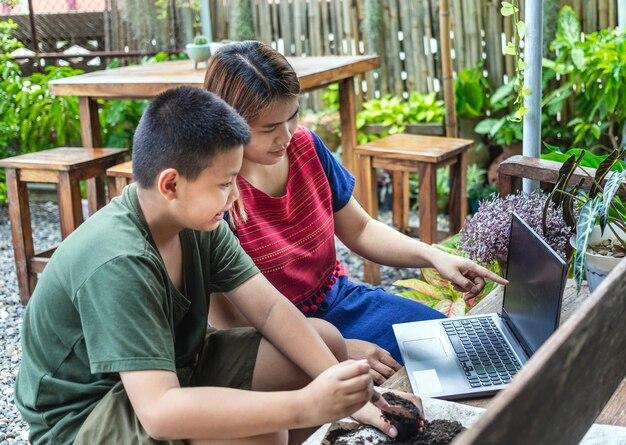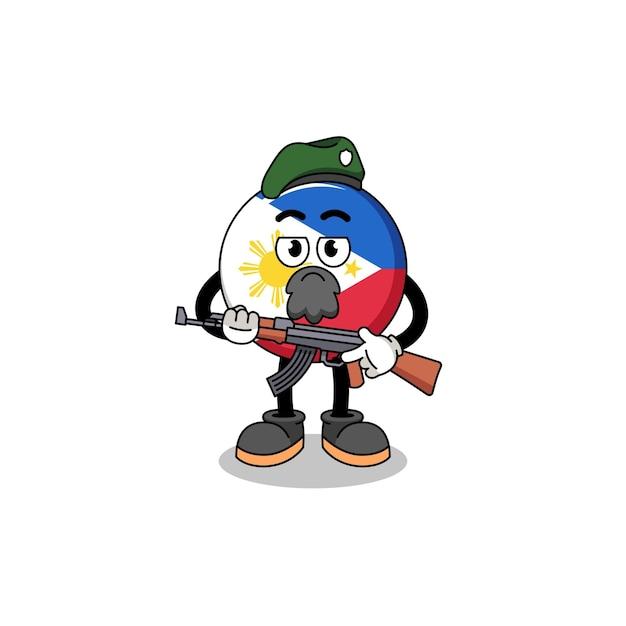Special education is a crucial component of the educational system that aims to provide support and specialized instruction to students with diverse learning needs. In the Philippines, special education plays a significant role in ensuring that every child, regardless of their abilities, receives an equal opportunity to learn and grow. Inclusive education is at the heart of special education, emphasizing the importance of creating inclusive classrooms where students with special needs can learn alongside their peers.
In this blog post, we will explore the meaning of special education, the impact of inclusive education on students with special needs, and what special education looks like in the context of the Philippines. We will delve into the various strategies and approaches employed to support students with special needs, as well as the benefits of inclusive education for both the students with special needs and their typically developing peers. Join us on this journey to discover how special education is helping to shape a more inclusive and equitable education system in the Philippines in 2023 and beyond.

What is Special Education in the Philippines?
Special education in the Philippines is an educational system specifically designed to meet the unique needs of students with disabilities. It is a compassionate response to ensure that every child, regardless of their abilities, has an equal opportunity to receive a quality education.
Understanding the Philippine Approach
In the Philippines, special education takes a holistic approach, focusing not only on academic learning but also on developing the social, emotional, and physical well-being of students. Through a combination of specialized teaching methods, individualized instruction, and supportive interventions, special education aims to unlock the full potential of each student.
Embracing Inclusion and Diversity
One of the key principles of special education in the Philippines is the promotion of inclusive learning environments. This means that students with disabilities are educated alongside their non-disabled peers, fostering empathy, understanding, and acceptance. Inclusion not only benefits students with disabilities but also provides an enriching experience for their typical peers.
Tailored Education Plans
Individualized Education Plans (IEPs) are at the heart of special education in the Philippines. These personalized plans outline the specific goals, strategies, and accommodations necessary to support the diverse learning needs of students with disabilities. Whether it’s adapting teaching methods, providing assistive technology, or offering additional support services, IEPs ensure that each student receives a customized education.
Multidisciplinary Collaboration
Creating and implementing IEPs requires collaboration among various professionals, including special education teachers, psychologists, therapists, and parents. This multidisciplinary approach ensures that the support provided to students is comprehensive, evidence-based, and responsive to their evolving needs.
Promoting Accessibility
Accessibility is a crucial aspect of special education in the Philippines. Schools are encouraged to provide barrier-free environments, ensuring that physical spaces, instructional materials, and technology are accessible to students with disabilities. Additionally, assistive technologies and devices are utilized to enhance learning and foster independence.
Breaking Down Barriers
To further break down barriers, the government has implemented policies and programs to increase access to education for all. This includes identifying and intervening early to address learning difficulties, providing financial assistance for students with disabilities, and training teachers to effectively support diverse learners.
In conclusion, special education in the Philippines is a remarkable educational system that embraces and celebrates the unique abilities of every student. Through inclusive practices, individualized support, and a commitment to accessibility, it ensures that education truly becomes a transformative journey for all learners, regardless of their abilities.

What is Special Education in the Philippines?
Frequently Asked Questions about Special Education in the Philippines
In this FAQ-style subsection, we’ll dive into some commonly asked questions about special education in the Philippines. From understanding the meaning of special education to exploring the importance of inclusion, we’ve got you covered. So, let’s get started!
What is Special Education Need
Special Education Need refers to the unique educational requirements of students with disabilities or exceptionalities. These needs may arise from various conditions, such as intellectual disability, learning disabilities, autism spectrum disorder, or physical disabilities. Special education programs are specially designed to cater to these students’ individual needs, ensuring they receive a tailored and inclusive education that supports their growth and development.
How does Inclusive Education Help Students with Special Needs
Inclusive education plays a crucial role in supporting students with special needs. It promotes the inclusion of all students, regardless of their abilities or disabilities, in the same learning environment. By providing support services, specialized instruction, and accommodations, inclusive education fosters a sense of belonging and ensures equal opportunities for all students to thrive academically, socially, and emotionally. It empowers students with special needs to reach their full potential and prepares them for future success.
What is the Meaning of Special Education
Special education refers to the educational programs, strategies, and services tailored to meet the unique needs of students with disabilities. It aims to provide these students with the necessary support and accommodations to access quality education and develop essential skills. Special education addresses a wide range of disabilities, including cognitive, physical, sensory, and emotional impairments. Ultimately, its purpose is to promote an inclusive society where everyone has equal educational opportunities, regardless of their abilities.
What is Inclusion and Why is it Important
Inclusion is the philosophy of embracing diversity and providing equal opportunities for all students, including those with special needs, to fully participate in mainstream classrooms and school activities. It emphasizes the acceptance and celebration of differences, fostering a sense of belonging and respect among students. Inclusion is essential because it promotes a more inclusive society, encourages empathy and understanding, and prepares students to thrive in a diverse world. It nurtures a positive and supportive learning environment where every student’s unique abilities and strengths are recognized and valued.
What Does Inclusion Look Like in the Classroom
In an inclusive classroom, diversity is embraced and accommodated through various means. Teachers create a safe and accepting space, where students with special needs are included in all aspects of the learning process. This can involve providing alternative teaching methods, adapting materials, offering assistive technologies, and implementing individualized education plans. Inclusive classrooms promote collaboration and peer support, fostering friendships and understanding among students from different backgrounds and abilities. Overall, inclusion in the classroom ensures that every student has an equal opportunity to learn, participate, and succeed.
What is Special Education in the Philippines
Special education in the Philippines encompasses the educational programs and services designed for students with disabilities. The Philippine government, through the Department of Education, upholds the right to education for all students, regardless of their exceptionalities. Special education programs focus on meeting the unique needs of students with disabilities, ensuring their access to quality education and facilitating their integration into mainstream society. These programs may include individualized instruction, adapted learning materials, assistive technology, therapy, and support services to promote the holistic development of students with special needs.
So there you have it! In this FAQ-style subsection, we’ve explored the concept of special education in the Philippines, highlighted the importance of inclusion, and shed light on how inclusive practices benefit students with special needs. Remember, special education is not just about providing education; it’s about empowering students and embracing their unique abilities. If you have any more questions, feel free to ask!
Note: “Special Education in the Philippines” is an important keyword in this blog post, as it reflects the main topic of interest. By naturally incorporating this keyword throughout the content, we enhance the SEO optimization of the article without compromising its readability or entertainment value.
